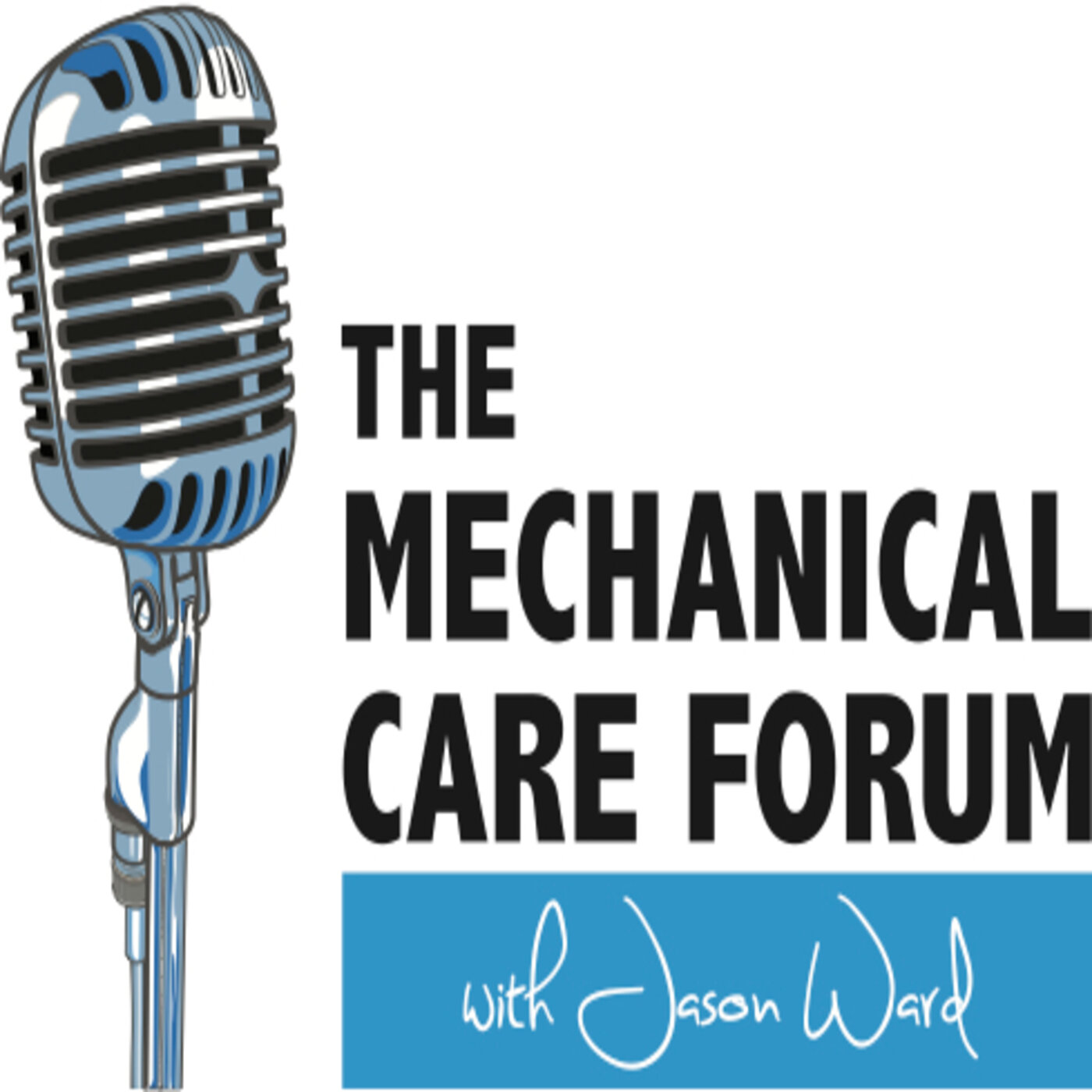Connie Lee PT, Cert MDT
In episode 145 I conclude my conversation with Ms. Connie Lee of Iqaluit, Nunavut Canada. She continues sharing her observations over 8 years in the eastern arctic of Canada working with the indigenous people there. She shares memorable patient experiences, advice and more in this week's episode.
Connie Lee is a physiotherapist who has worked as a rural/remote generalist clinician for 12 years. The last eight of those years she has spent working for the Government of Nunavut in Canada’s Eastern Arctic.
Connie graduated from Lakehead University in Thunder Bay, Ontario with an Honours Bachelor of Kinesiology Degree in 2000. She continued on to complete a Master of Science Degree in Physiotherapy at McMaster University in Hamilton, Ontario in 2004. In 2013 Connie received her certification in MDT and is currently enrolled in the MDT Diploma Programme.
Growing up in rural Ontario influenced Connie’s interest in providing health care in underserviced areas and becoming a strong generalist clinician was a direction dictated by the need for service in these environments. Practicing in Nunavut and meeting the challenge of providing accessible and equitable service to remote fly-in communities, Connie came to recognize the value of MDT as an effective and efficient tool for assessing, treating and discharging clients from a distance via Telehealth.
Connie and her partner live in Iqaluit, Nunavut where they have been active Foster Parents for five years. They are also the lucky adoptive parents to one awesome 6-year-old boy.
Show Notes
A Changing Mindset
Connie talks about how telehealth has led to a gradual change in her mindset, especially due to the self-empowerment of the MDT system. She talks about how the grateful nature and willingness of the people to learn and participate has led to excellent outcomes.
Using Interpreters
Connie goes on to talk about the importance of patient education, and how a different population has led her to refine her educational tools. She speaks about the challenges that arise with the use of interpreters, but how the MDT assessment form is a tremendous help due to its simplicity.
Community Therapy Assistants
Connie discusses the health paraprofessional training program which hones interpreting skills, as well as arranging visits with clients and implementing therapy and audiology plans of care.
Memorable Patient Experiences
Connie shares a very poignant and memorable patient experience involving the use of an interpreter, and how this experience has helped to shape the type of clinician she has become.
She goes on to talk about a case of rapidly responsive cervical spine pain in an Inuit elder which was funny and entertaining, but also talks about an “Aha” moment and how it has changed her thoughts on initiating patient encounters.
Connie’s Advice
Connie shares some important lessons about building trust, the importance of self-education, and the overwhelming need to “Be yourself.”
Connie invites you to contact her at CLee@gov.nu.ca; she hopes that some physiotherapists are interested in “trying to help someone” up in northern Canada with her!
We hope to deliver this content to the committed professional who wants to improve his/her care and we hope to do it in a way that is easily accessible, the world over, in today's technological age.
To contribute:
Give a 5-star review on iTunes;
Share EP #145 with a friend; and/or
Connect with us on the Spotify MCF Podcast and MCF Instagram page!
Thanks for your support!


